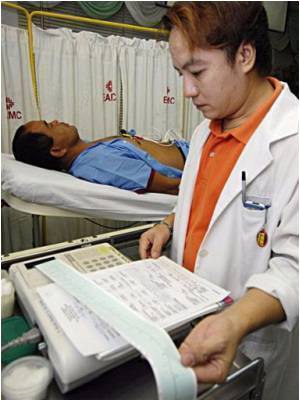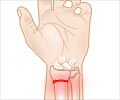
The incidence of sudden deaths before and after implementation of the programme fell by 89%, and no deaths were reported among athletes disqualified from competition because of hypertrophic cardiomyopathy. They say this supports the idea that timely identification of affected athletes offers the possibility to improve survival.
“Cardiovascular screening for young competitive athletes is justifiable and compelling on ethical, legal, and medical grounds” they argue.
But in an opposing piece, Dr Roald Bahr argues that the diagnostic accuracy of ECG screening varies, that false positives can be as high as 40%, and that some conditions, such as coronary atherosclerosis, are likely to remain undetected.
The conditions that cause cardiac death differ substantially between populations, he says. He argues that a screening programme that has successfully identified cardiomyopathies in Italy will not necessarily be effective in, for example, Norway, where this seems to be a rare cause of sudden death.
He argues that because diagnostic accuracy is low, and depends on which cardiac conditions are the main causes of sudden death, ECG screening for athletes would fail public health criteria.
Advertisement
Source-BMJ












